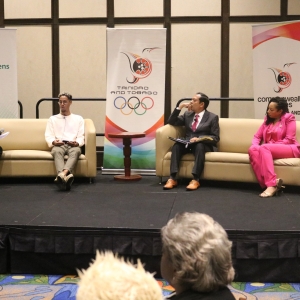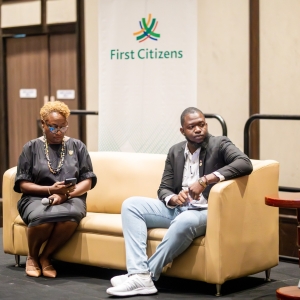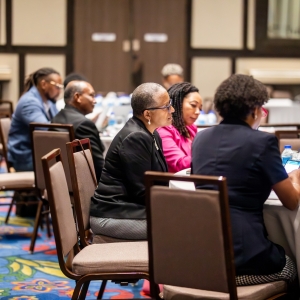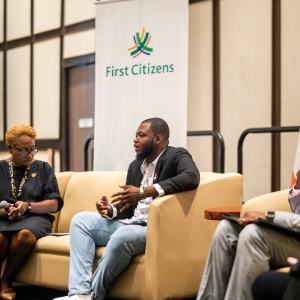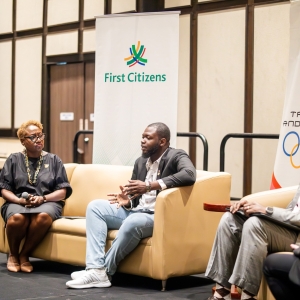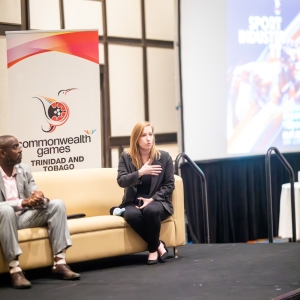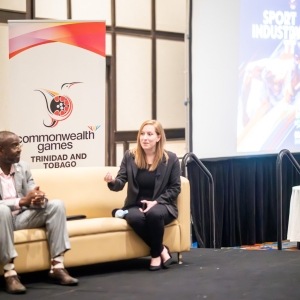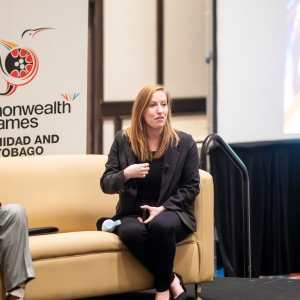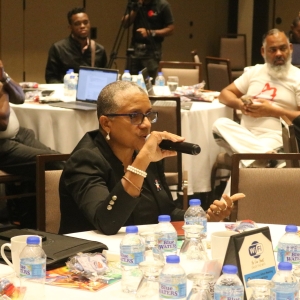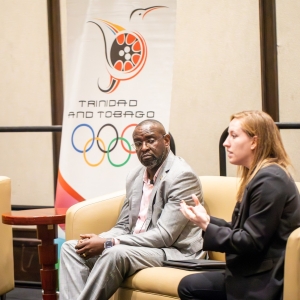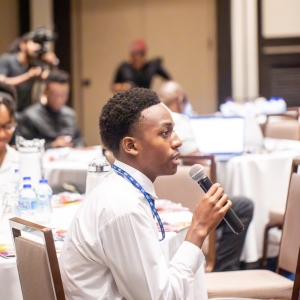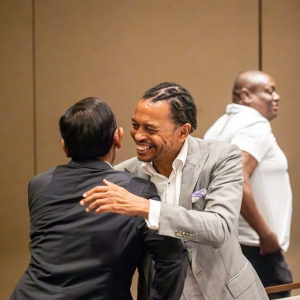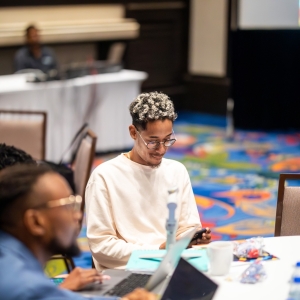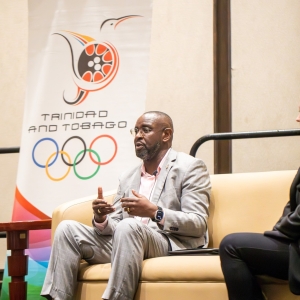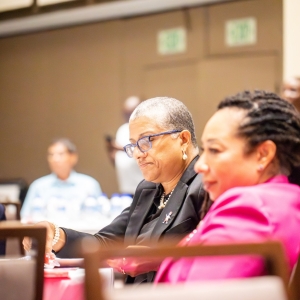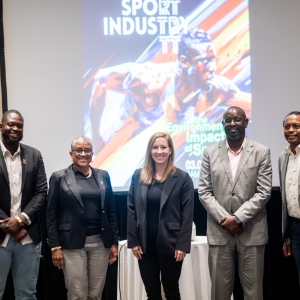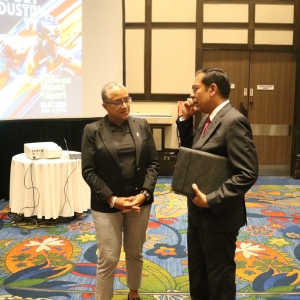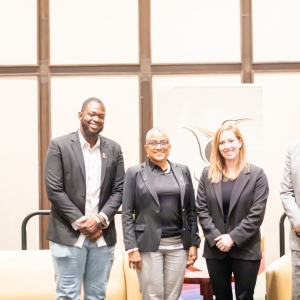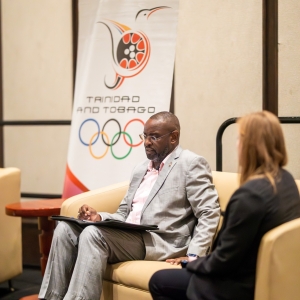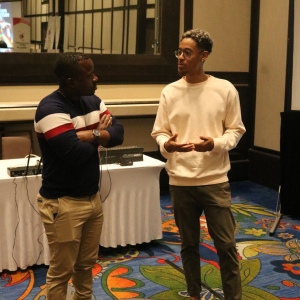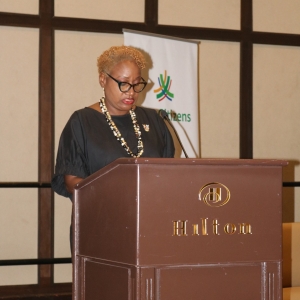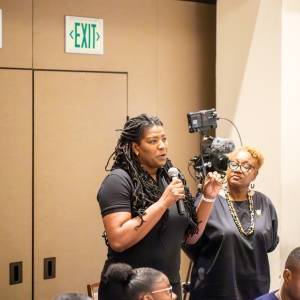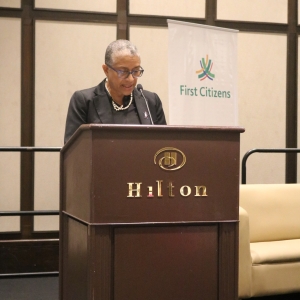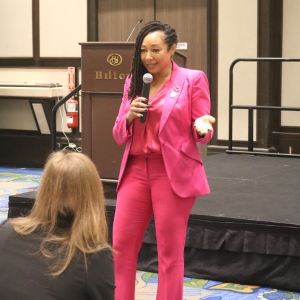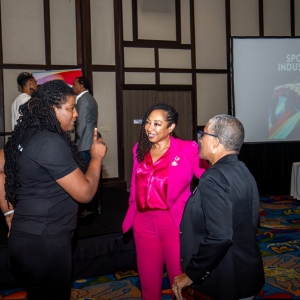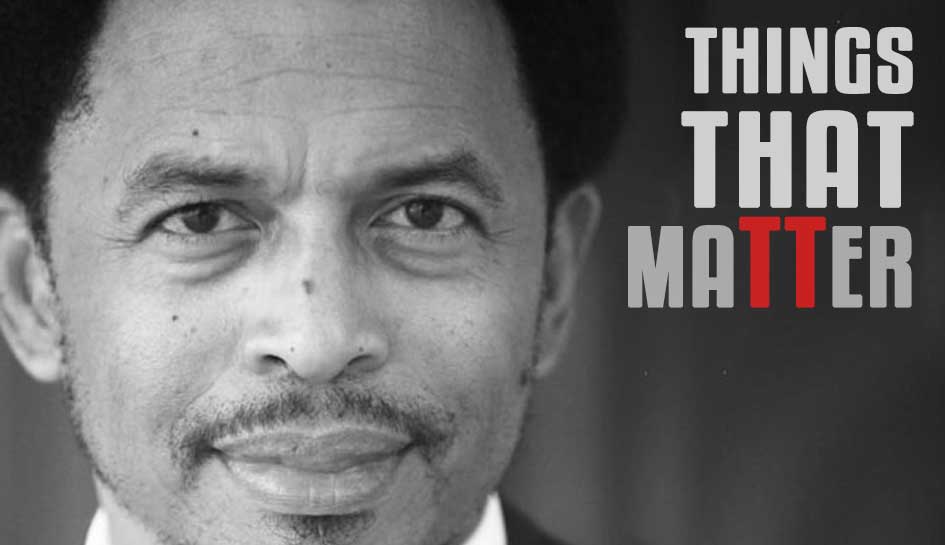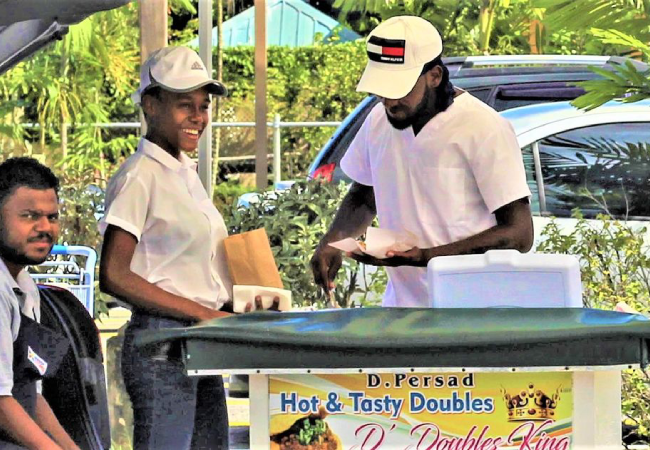It was late in April of 1979, when a poor, lonely and saddened man sat in his little, wooden gallery in St Croix Road, Princes Town. Almost in tears and failing sight, he recalled the 45-year pioneering struggle in the making and perfecting of the doubles, a national food.
He was known as Singh, the doubles man, one of the several pioneers in Princes Town.
Singh grew up in a little barrack room in Transport, Princes Town. He became acquainted with Chote, Dean and Asga Ali of Fairfield Sugar Cane Estate in Craignish, who were also pioneer makers and vendors of barra and chutney, kurma, pholourie, channa and other Indian delicacies. Chote related how he acquired his art from his indentured grandfather in the barrack at the Malgretoute Cane Estate.
Singh agreed that he learned a few things about making and selling some of those delicacies from his associates. As a young man, he decided to go into business, and so, he filled his basket and set up at the Princes Town Triangle to offer his delicacies. Hopefully, and in good spirits, he shouted, "Get yuh barrah and chutney! Channah! Channah! Channah! Wet (curried) channah o’ dry (fried) channah!"
As he continued his selling at the Triangle one day, an aged woman named Doo Doo Darlin tasted his barra and chutney. She sucked her teeth in pity and shaking her head, "No!" she told Singh,"Yuh cyah mek barrah yet mih son. De edge ah de barrah too hard. Dorg self cyah eat dat." The following day, the woman went to Singh’s barrack, and with great care, she taught him the correct method of making what she considered to be good original barra. From then, there was no turning back for Singh. When the rooster crew at four o’clock, dawn, Singh and his wife, Sookya, were up and preparing the delicacies for the day’s sale. After much labour and sacrifice, Singh and Sookya had saved enough money to purchase a freight bicycle. It was then that he was able to move with much ease and to offer his edibles to a wider market
He had the grit and determination to sell and so, he focused on being an iterant barra man. He journeyed to neighbouring villages on special functions and festivals. He cycled to Cedar Hill daily during the Ramleela Festival, to nearby Craignish during Hosay (Hosein) celebration. He journeyed many miles to Barrackpore, Debe and Penal during the Phagwa festivals, also at Union Park in Marabella during the grand Easter horse racing events. The tireless barra man Singh sold his products to villagers at the Williansville Railway Station, when horse-drawn buggies plied for hire to Whitelands, Mayo and Guaracara villages.
Combing his fingers though his short, grey hair, a smile played on his lips. Singh, with a measure of laugh in his voice, recalled, "Boy, sometime during the World war 11 in 1940, dey had big cock fight in Rebeca-Richmond Road, near Tabaquite down so. Ah pack up mih bike wid curry channah, barrah and hot mango chutney and Ah ride off soon morning until ah reach. Boy dat was pressure. Well, ah push dong mih bike trough de bush track right dong to de gayelle. Boy dat was cock fight foh so! All kinda bigshot man in de bamboo patch and dey game-cock fightin’ an’ money only flyin’ as dey drinkin’ mountain dew like water. Well, ah sellin’ mih stuff good, good, when ah man bawl out, 'Police! Police!' Boy! Man runnin’ like ‘gouti through de bush. I run an hide in de bush too. A! A! When ah come back to mih bike all mih barrah an’ chutney gorn. Mih channah tin empty! Like dorg lick it!" At that point his voice dipped into a sobbing tremor, his eyes turned moised as he looked down to the floor. He choked, "Only Gawd know how..."
From that exciting day, Singh discontinued his sales trip to cock fighting gayelles and whey whey turfs. He settled back to the Princes Town Triangle, and sometimes at the Fairfield Junction in Craignish, alongside Chote and Dean.
As the World War continued, the barra business suffered from shortages of related ingredients including flour and cooking oil. Singh heard of a Chinese shopkeeper in Mayaro, who had a hoard of cooking oil. Early one morning, he rode off on his freight bicycle to that destination, approximately 36 miles plus, to the Chinese shop, where he bought a four-gallon tin of the cooking oil, and rode back to his barrack in Princes Town. Many times after, he travelled by the TGR (Trinidad Government Railways) bus to obtain his supply.
When the war ended in 1945, Singh sighed in relief, and with renewed hope and determination, he sought new marketing outlets in the Borough of San Fernando seven miles away. He staggered his vending from the Naparima Boys' College on Paradise Hill to St Benedict’s College, now known as Presentation College on Coffee Street. At alternate times, he sold at the market and on the King’s Wharf.
In those far-off days, he explained that the barra was sold with a daub of peppery chutney. The curried channa—sometimes called wet or soft channa—was separately sold. One day, while selling near a well-known auto garage on the wharf, a regular worker from the garage came to buy. He ordered that Singh put a spread of the curried channa on the barra. So pleased was the customer with the combination, that the following day, he ordered, " 'Singh, boy, put some curried channa on ah barra and cover it wid anodder barra to make like ah sandwich.' " Singh said, "Oho! So,yuh want it double!" The satisfied customer returned to order, "Aye! Singh, dat 'double' eatin’ good boy! bring ah ‘double’ dey foh mih, an put de pepper chutney too." Subsequent to those days, whenever the man came to buy, Singh would ask, "So yuh come foh anodder double?" Other customers observed, tasted, and were delighted and satisfied at the unique combination. Voices were calling for more, "Can I have two doubles please?" And the orders went around; it was the origin of the name 'doubles.'
Although the basic art of making the delicacies was handed down from our indentured fore-parents from India, it is known that certain changes were made as of necessity or as a creative adjustment toward a better flavour.
The composition of the ingredients was altered, making it an indigenous food form.
Ms Asgar Ali, Chote, Dean and Singh remain the pioneers of the doubles. Those men and their devoted wives had sacrificed and contributed to a national fast food; those who had cleared the way toward self-employment of all doubles vendors; those who had given us a simple meal, which is affordable and nutritious. The famous Ali Doubles chain emerged from those indentured roots, as well as all doubles vendors across our island and Tobago.
It is regrettable that those men and their devoted wives were not recognised and applauded for their laudable contribution to the culinary art. Princes Town, the birth and home of the mighty doubles, that old freight bicycle with the doubles box should be the symbol and a tangible historic item to be preserved and displayed on a pedestal with the names of the pioneers etched in a plaque with a brief history. The people of Princes Town must keep their history and cultural heritage alive; you are a part of a noble town with a rich and enduring history—celebrate the pioneers, your heritage, your history—The home of the doubles.

